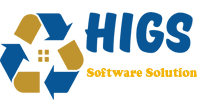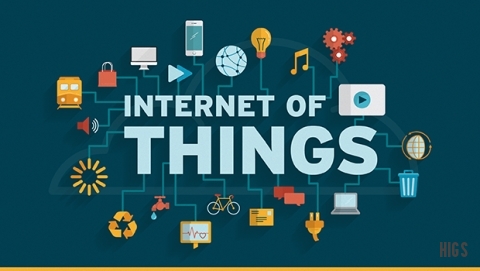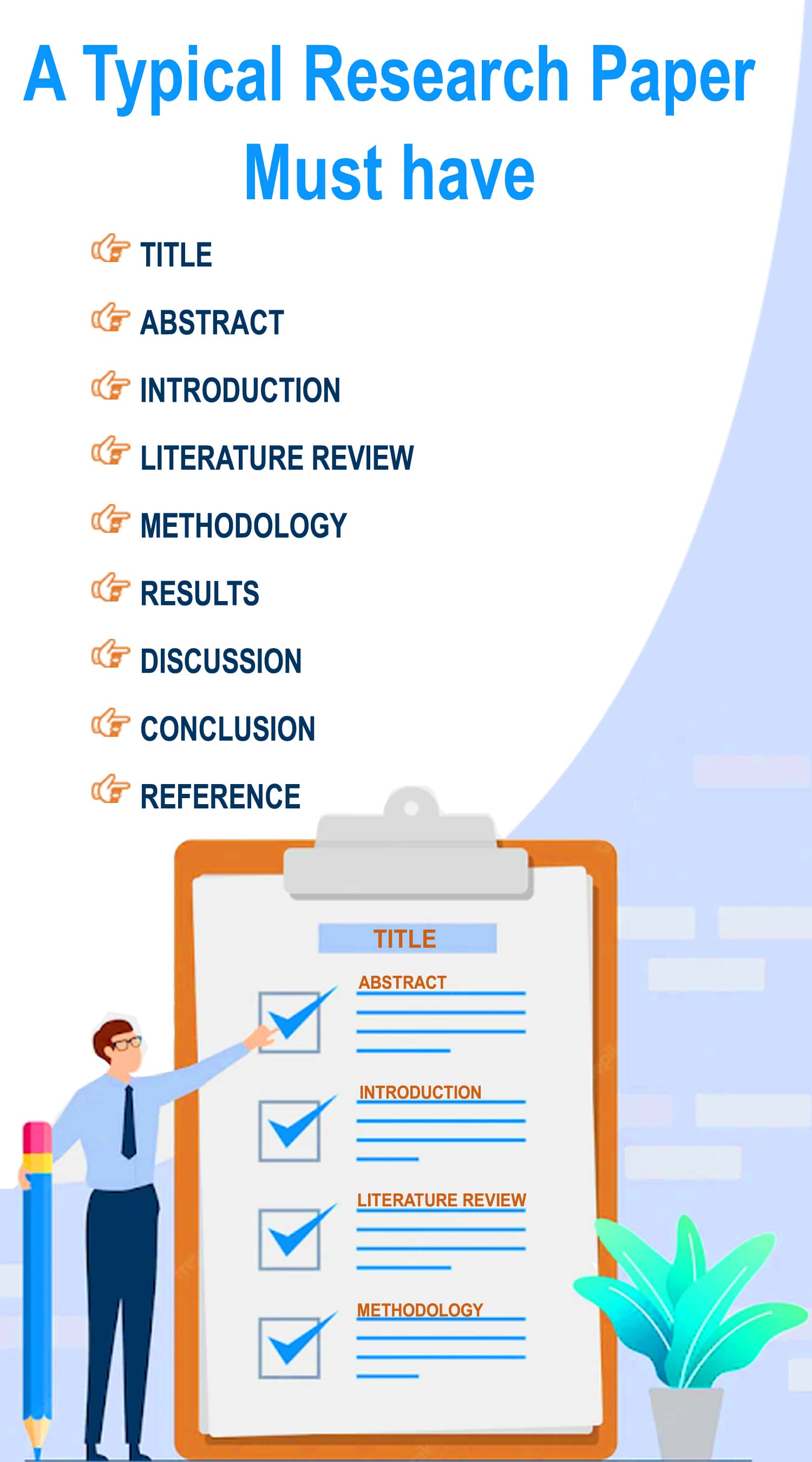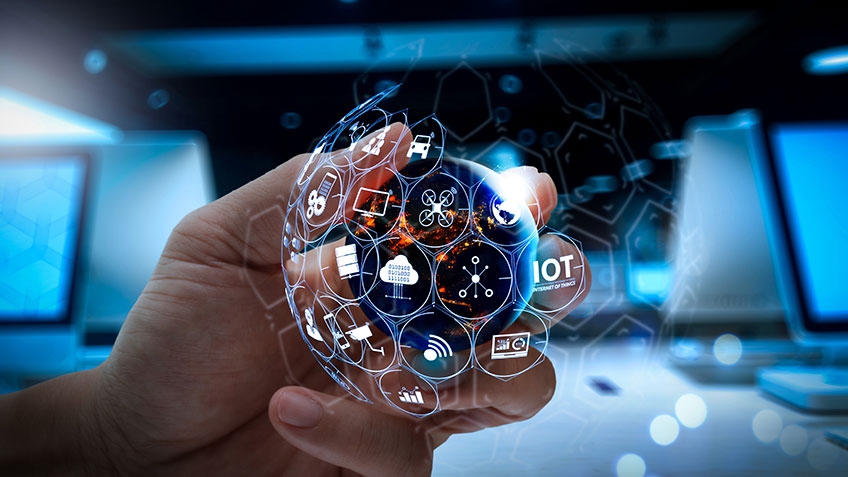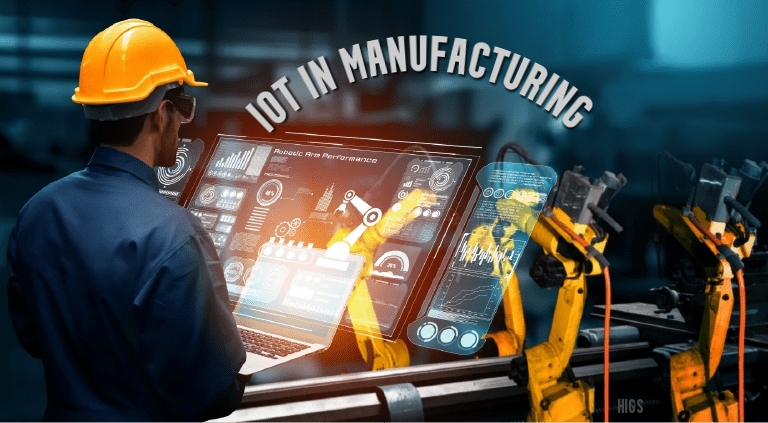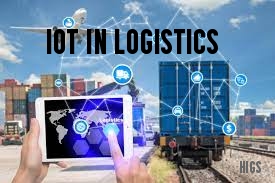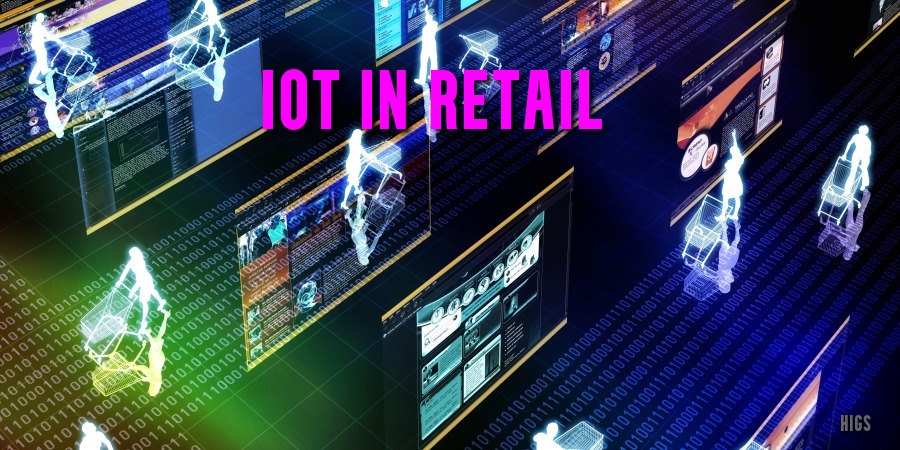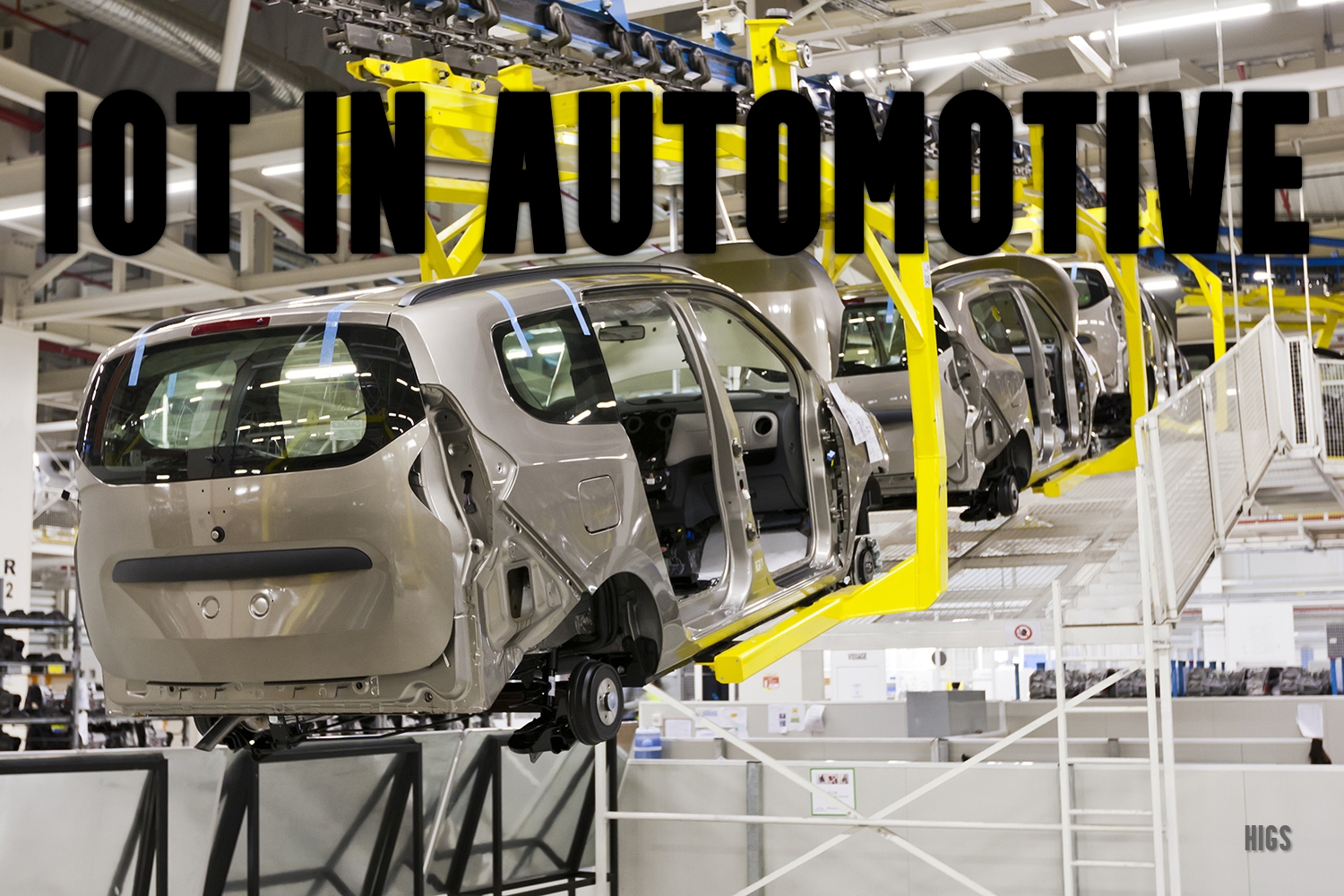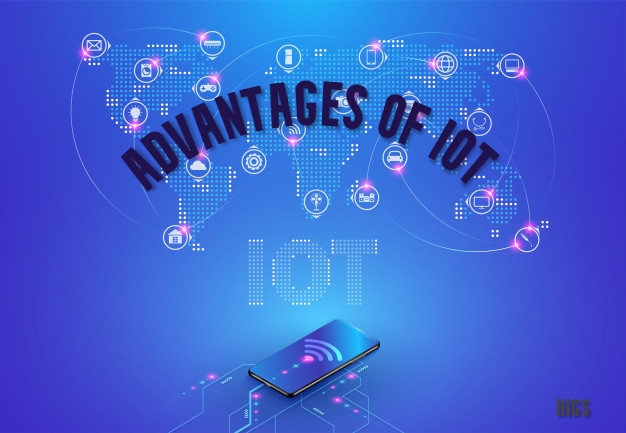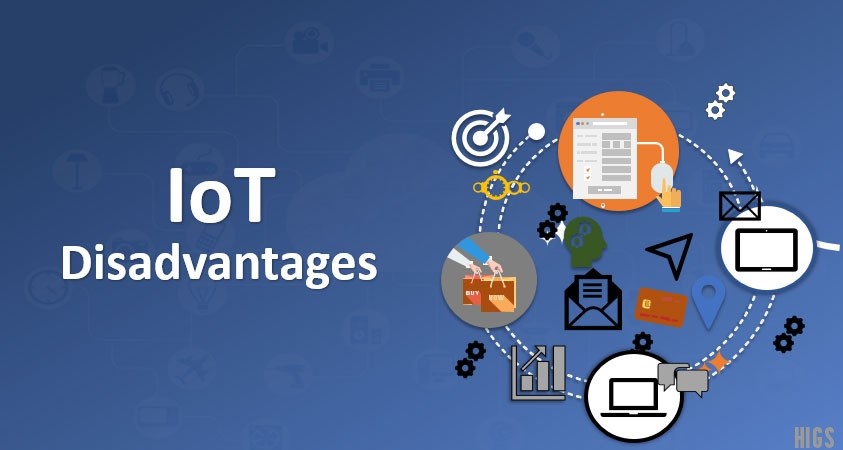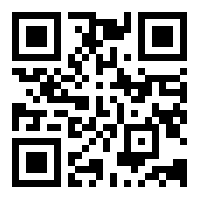Internet Of Things research Papers
What is IoT?
Internet Of Things Research Papers mainly deals with the IoT systems of interrelated computing devices, mechanical and digital machines, objects, and more. And it also explains the connectivity, networking, and communication protocols used here.
IoT describes the network of physical things that are implemented with sensors, software, and by using any other technologies. These methodologies are used to connect and exchange data with other devices and systems over the internet. These devices may comprise from ordinary household objects to major industrial tools.
Why IoT is so important?
Over the past few years, IoT has emerged as the most essential technology of the 21st century. By using IoT, we can join objects of our day-to-day life. And this IOT is highly involving in kitchen appliances, automobiles, regulators, baby monitors, and through this IOT, all-in-one communication is possible between people, things, and processes.
By means of low-cost computing, the cloud, big data, analytics, and mobile technologies, physical things can share and collect data with minimal human intervention. In this hyper-connected world, digital systems can record, monitor, and adjust each interaction between connected things. The physical world meets the digital world—and they cooperate.
